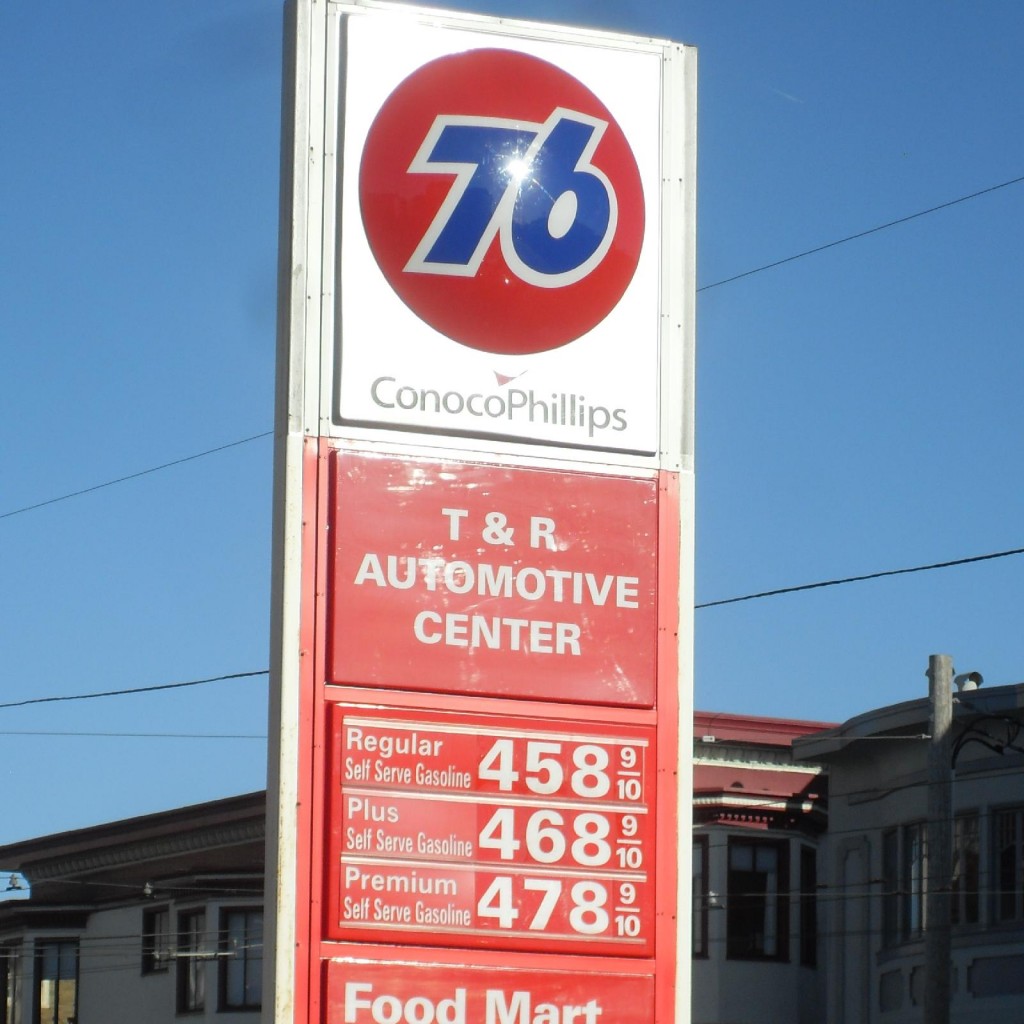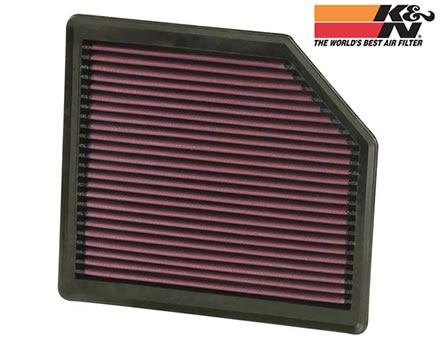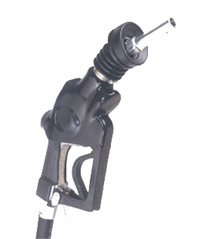Here at GreenCarReports, we often remind you what you can do to improve the gas mileage of your car with articles devoted to tire maintenance, good driving practice and following service schedules.
According to Consumer Reports however, there are just as many things that are rumored to improve your gas mileage that just don’t work on today’s modern cars.
Some, it has proven, including preferring air conditioning over open windows and choosing tires with low rolling resistance, don’t affect your gas mileage as much as you’d think.
Here are just seven of the mpg myths busted by the folks over at Consumer Reports. Read them, and let us know what you think.
Cheap Gas Stations Give Cheap Gas
For years, there’s been a common belief among drivers that gas purchased at independent gas stations isn’t the same quality as gas purchased from name-brand gas stations.
We’ve even heard rumors in the past that say some gas stations dilute cheap gas with small amounts of water, affecting power and engine efficiency.
Both, Consumer Reports says, are not true.
In reality, all gas stations are tied by tight laws governing the storage and pumping of gasoline, while independent and no-name gas stations usually buy gasoline from the well-known oil companies anyway.
The only difference? Cheaper gasoline sometimes omits the additives designed to clean older engines. With today’s modern fuel-injection systems however, that shouldn’t make much difference.
Gas prices, San Francisco, CA
Premium gives better gas mileage
Because premium gas has a higher octane rating than midgrade or regular gas, it produces a little more power when burnt.
Designed for performance cars with large, powerful engines, premium also helps minimize the risk of preignition inside highly-stressed, hot engine cylinders.
On a track, the extra boost given by premium can mean a few tenths of a second difference on a lap time.
In the real world, it barely affects performance, or fuel economy.
Consumer Reports advises that premium should only really be used in your car if your owner’s manual mandates it. In our experience, only a handful of everyday cars are tuned to run better on premium.
Open windows kill fuel economy
Windows or Air Conditioning?
It’s a common misconception that winding down windows on your car to provide ventilation creates so much extra drag that your gas mileage falls further than it would if you use the on-board air conditioning.
Not so, says Consumer Reports. Under lab conditions, it tested a Honda Accord along a test track at 65 mph. Using the air conditioning to keep the car cool impacted gas mileage by a shocking 3mpg.
Keeping the windows open on the other hand, affected gas mileage so little that it was impossible to measure.
2011 Nissan LEAF prototype
Low rolling resistance tires are always best
While tires specially designed to lower rolling resistance can save you a few mpg if properly inflated and maintained, Consumer Reports advises that better tire maintenance and driver habits can easily make up the difference between an energy saving tire and a regular tire.
As it points out, lower rolling resistance tires often perform less well in wet and icy conditions than regular tires, raising your risk of accidents.
The solution, it says, is to look for a good all-round tire that combines good economy, good tire life and good grip.

Warming up the engine before driving is good
If you’re of a certain age, you’ll remember the days when you had to go outside and start your car before driving it to get the engine up to temperature before you asked too much of it.
That was in the days before advanced synthetic oils, fuel injection and electronically-controlled engines, where cold-engine wear was a major issue of premature engine failure.
Nowadays, it isn’t needed, thanks to clever systems designed to get cars up to operating temperature as quickly as possible after you start it, and oils that cling to the cylinder to protect it even when the engine is cold.
Dirty air filters kills gas mileage
Much like warming up your car, dirty air filters did used to impact gas mileage, especially in older, dirtier carbureted engines.
Nowadays however, air flow sensors and computer software carefully manages the air/fuel mix in your car’s engine, ensuring maximum fuel economy is possible regardless of the quality of air.
Where it will make a difference however, is performance. If the air filter is dirty, less air can get into the engine under hard acceleration, meaning your car speeds up more slowly.
Filling up in cold temperatures gets you more gas
Gas Pump With Boot
The theory here is sound: the colder gasoline is, the denser it is, meaning you should be able to get more gas into your gas tank when the gas and the outside temperature are cold.
Not so, says Consumer Reports. Because gas station tanks are stored underground, the difference you’ll see in the amount of gas you can pump on a hot versus cold day is negligible.
Myths busted, but you’re the number one factor
As Consumer Reports successfully proves, gas mileage isn’t affected that much by many of the tips and tricks you’ll find floating around the Internet today.
Sadly, as with many things, the gas mileage you get out of your car depends on you more than anything else.
Our advice? Try to keep calm when driving, look ahead, and make sure you’re in top form before you step behind the wheel.
A calm, alert driver is always better than a late, agitated one when it comes to gas mileage.
+++++++++++













